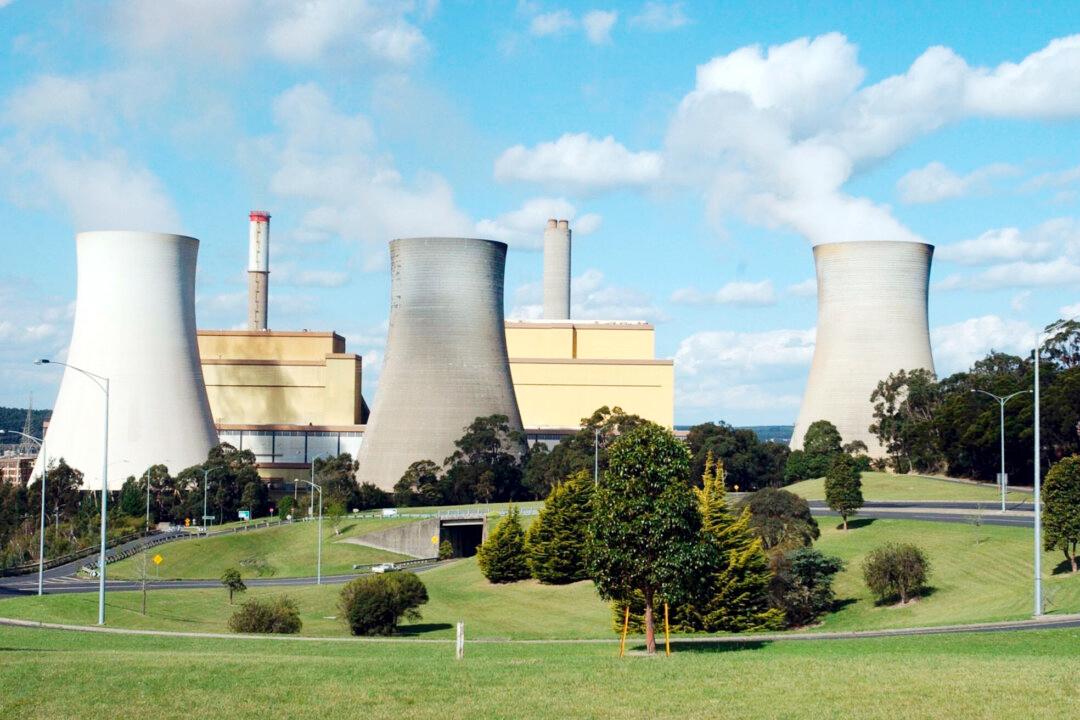Australia’s push to reach net-zero emissions by 2050 will now include a $1 billion boost to help bankroll low emissions technologies.
The government’s new Low Emissions Technology Commercialisation Fund will combine $500 million of private investment with $500 million from the government’s Clean Energy Finance Corporation (CEFC).





